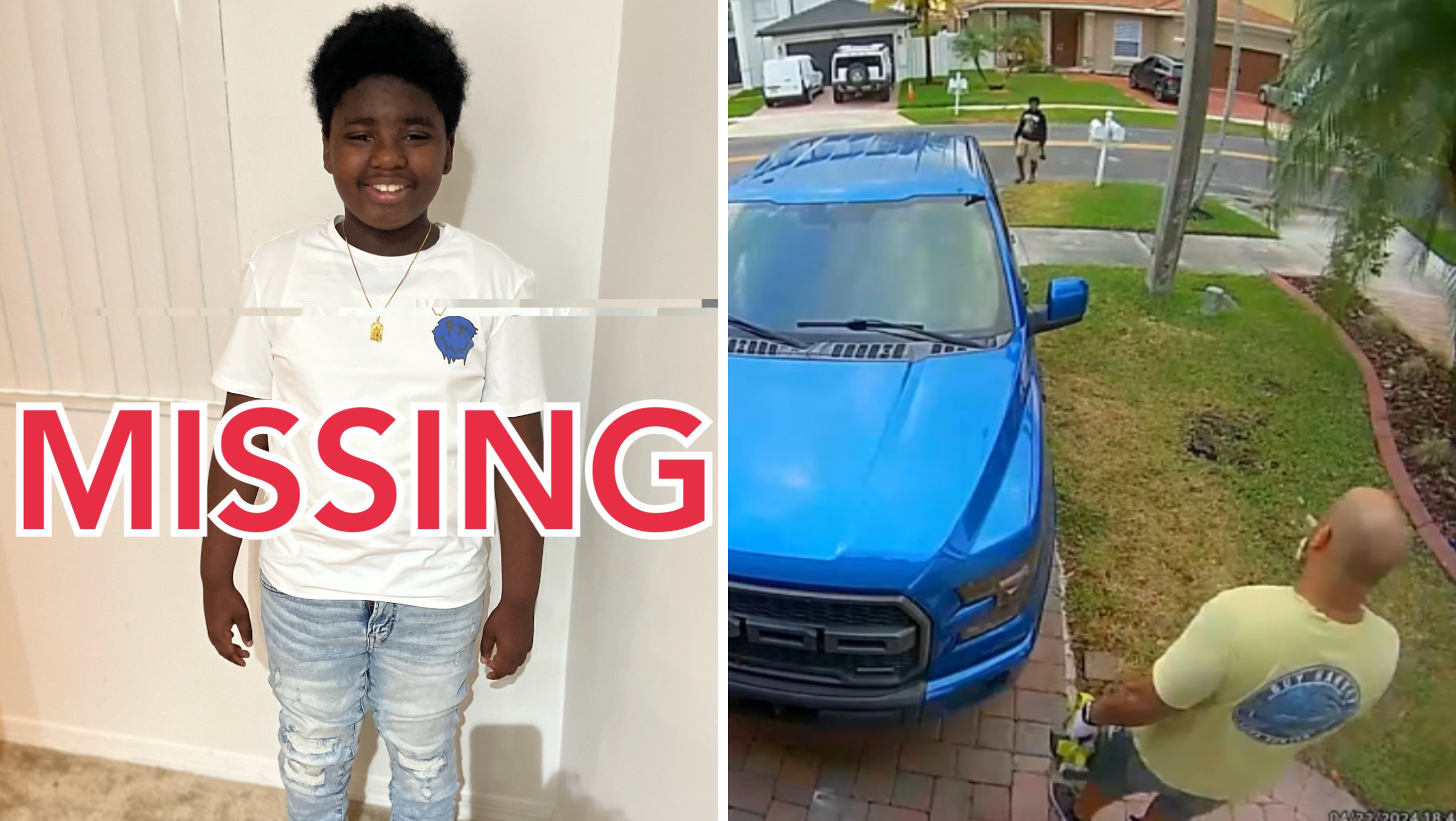What to Know
- Miami-Dade County has 21 percent of Florida's violent crimes but last year sent away only six percent of the state's prison population
- Counties like Broward and Hillsborough have less than half the amount of gun crimes, but sent more people to prison
- NBC 6 Investigators discovered dozens of felons who avoided a mandatory minimum prison sentence but later got arrested of new crimes
On average, about four people will be murdered this week in Miami-Dade County – 80 percent of them with a firearm.
Miami-Dade leads the state in gun crimes. But it’s far behind other counties when it comes to sending criminals who use guns to prison for mandatory minimum sentences.
In 2015, county police agencies reported 21 percent of the state’s firearms crimes and 18 percent of its violent crimes, but produced just six percent of the state’s prison admissions last year.
Miami-Dade prosecutions were responsible for 1,725 new prison admissions, compared to 2,078 from Broward, 1,951 from Duval and 1,769 from Hillsborough -- counties that have, on average, less than half the number of firearms crimes as Miami-Dade.
As gunshots fell more bodies – especially those of children – the NBC 6 Investigators examined how people arrested in Miami-Dade for firearms crimes fare in a criminal justice system that allows mandatory minimum sentences.
State law allows prosecutors to seek the enhanced punishments under the so-called 10-20-Life law: three years for a felon possessing a gun; 10 years if used in a crime; 20 years if fired; and 25 years to life if used to shoot someone.
Local
Last year, Miami-Dade sent 156 defendants to state prison with mandatory minimum sentences, 12 percent of the state’s total.
Tangela Sears, an advocate for mothers who – like her – lost a child to violence, says more should be done to hold firearms criminals fully accountable under the law.
“The only thing the police can do is put you in jail. Somehow they find their way back to the streets,” she said of gun-toting criminals.
By examining a database containing thousands of court records, the NBC 6 Investigators discovered dozens of felons who did not get mandatory minimum sentences and then went on to be arrested or convicted of new crimes.
Prosecutors allowed Josh Ferreiro to serve less than a year in jail when prosecutors waived what would have been a three-year minimum sentence for possession of a firearm by a felon.
He was later arrested, allegedly in possession of another gun, and is awaiting trial.
Asked about the guns, he said, “I don’t know what gun you’re talking about, man. Get out of here.”
Others repeatedly got breaks from mandatory minimums, only to be arrested or convicted again.
NBC 6 Investigators gave the state attorney’s office more than two weeks to review a dozen such cases, and asked if it could explain why the mandatory sentences were not sought.
But the office said it is so far unable to respond to the inquiry.
In general, the office said, it considers the specifics of each case before deciding whether to waive a mandatory minimum sentence. Availability of witnesses, strength of the evidence and defendants’ background can all have an effect on which gun criminals get a break and which do not.
Of all the felons we found avoiding prison, the most creative was Register Holsendorff III.
Arrested in 2005 on three armed robbery charges -- which could have produced a 10-year mandatory sentence – he persuaded a judge he was so severely mentally disabled, he was not competent to stand trial.
After he spent years in medical and group home facilities, the charges were dismissed.
But in 2012, he was allegedly sharp enough to lure a man to a Miami street and shoot him to death in an argument over a woman or money, according to court records.
This time, the judge wasn’t buying it.
His attorney, Allen Greenstein, explained, “The judge found he was not competent to stand trial (in the 2005 case). The court this time found he was competent.”
Citing evidence of “an unsophisticated attempt to malinger,” the judge in the more recent case noted Holsendorff does have some mental illness, but ruled he “is not intellectually disabled.”
Holsendorff, the judge noted, was competent enough to launch a sophisticated scheme to reroute his disability checks from a group home to another address, so he could cash the checks and spend cash unrestricted by the group home.
Group home workers also noticed he scheduled visits from his wife and his girlfriend so that the two women did not cross paths, the judge’s order noted. It cited evidence he gambled at card games – often successfully – and could drive, as he did on the day he’s accused of murdering a man he had a dispute with over money or a woman, according to court records.
Greenstein did not dispute that the court found Holsendorff was faking his incompetence in the 2005 armed robbery case.
“Well, according to this judge,” he said, “but remember this wasn’t the judge back in 2005.”
Asked if severe mental retardation was something one can be cured of, Greenstein replied, “I don’t believe you can get cured of mental retardation.”
Holsendorff is now facing trial for a murder he would not have been free to commit, had he received the mandatory 10 years in prison in the first case.
Sears, the anti-violence activist, said she sees a pattern.
“Laws are not being enforced and that’s a major problem, “ she said. “We continue to have this rise in killings.”
The state attorney’s office could not provide records showing how often it waives minimum mandatory sentences and which defendants benefit from those decisions.
But, after the NBC 6 Investigators’ inquiry, the office has launched a new program to track each of those cases and hopes to use the data to better understand why some armed felons are not going to prison for as long as they might under the mandatory minimum sentencing laws.



